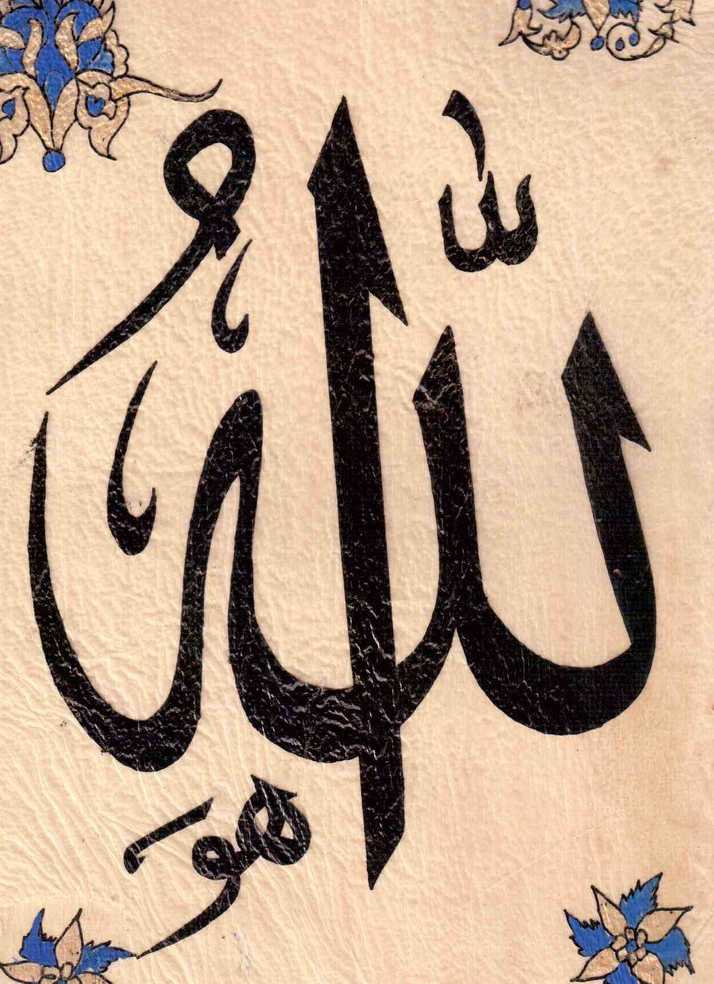FWP:
SETS
CHAK-E GAREBAN: {17,9}
JAUHAR: {5,4}
MIRROR: {8,3}
Here's another example of a familiar pattern: two separate statements, one in each line, which we are left to connect as best we can without guidance from the verse itself. But in this rare case, we have help from Ghalib's letter quoted above.
Ghalib connects the two lines through the lover's systematic 'practice of madness'. Ever since the lover reached the age of understanding, he has been tearing his collar. By convention the madman's collar is that of a kurta, with a vertical slit-shaped neck, so a tear in it would travel straight down the chest, like the single vertical line of the letter alif.
Although the lover has been tearing and tearing it, it is still not properly t orn: it shows only a single vertical tear, as though the tearing had just begun. Ghalib expects us to connect this line with the 'alif of polishing'-- and thus to link an ideally polished mirror, full of polish-lines, both with the image of an ideally torn collar, of which very little would be left, and with an ideally practiced madness, leading into some transcendant realm of otherness. That ideal, in short, has not yet been achieved.
This is a seriously mystical verse. It basically has no other readings except mystical ones, and its obscurities are dependent in part on Sufistic imagery. For another mystical verse about letters-- in this case, laam and alif both-- see {61,4}.
It's fun to see how impatiently Ghalib brushes aside the idea that 'mirror' could possibly refer to modern glass ones. The idea that actual current social practices could govern the interpretation of ghazal vocabulary moves him to ridicule. Glass mirrors have no polish-marks! And who polishes them?! Because of the clear requirements of the imagery, anybody with half a brain should be able to see that it's a metal mirror!
Once again, we see how the poetry creates its own world, and that world is under no obligation whatsoever to reflect the real world. (For more on Ghalib's extensive set of 'mirror' verses see {8,3}.) To the 'natural poetry' critics Ghalib might reply that the ghazal world is realer than the real world; but he might not; he might just politely suggest that what they needed was a good ustad, since perhaps their poetic training had not been all that it should be.
As Ghalib wrote in an early Persian letter, his ancestors had been soldiers. 'But the love of poetry which I had brought with me from eternity assailed me and won my soul, saying, "To polish the mirror and show in it the face of meaning--this too is a mighty work.... Set your face in the path of poetry"' (Russell and Islam, p. 28).

Ghalib:
[1868, to Pyare Lal Ashob:] First it ought to be understood that 'mirror' is an expression for a metal [faulaad kaa] mirror; otherwise, where are the polish-lines [jauhar] in clear [jallii] mirrors, and who polishes them? When you polish anything made of metal, undoubtedly first a single line will appear; they call that the ' alif of polishing'. When you are aware of this introduction, now understand that thought [in the second line]. That is, from the beginning of the age of awareness there is the practice of madness [mashq-e junuu;N]. Up to the present, perfection in the art has not been attained. The whole mirror has not become clear. Thus if there's that same single line of polishing, well, there it is. The form of tearing is [a vertical line] like that of an alif, and tearing the collar is one of the effects of madness.' (Arshi p.127-28)
==Urdu text: Khaliq Anjum vol. 2, p. 797